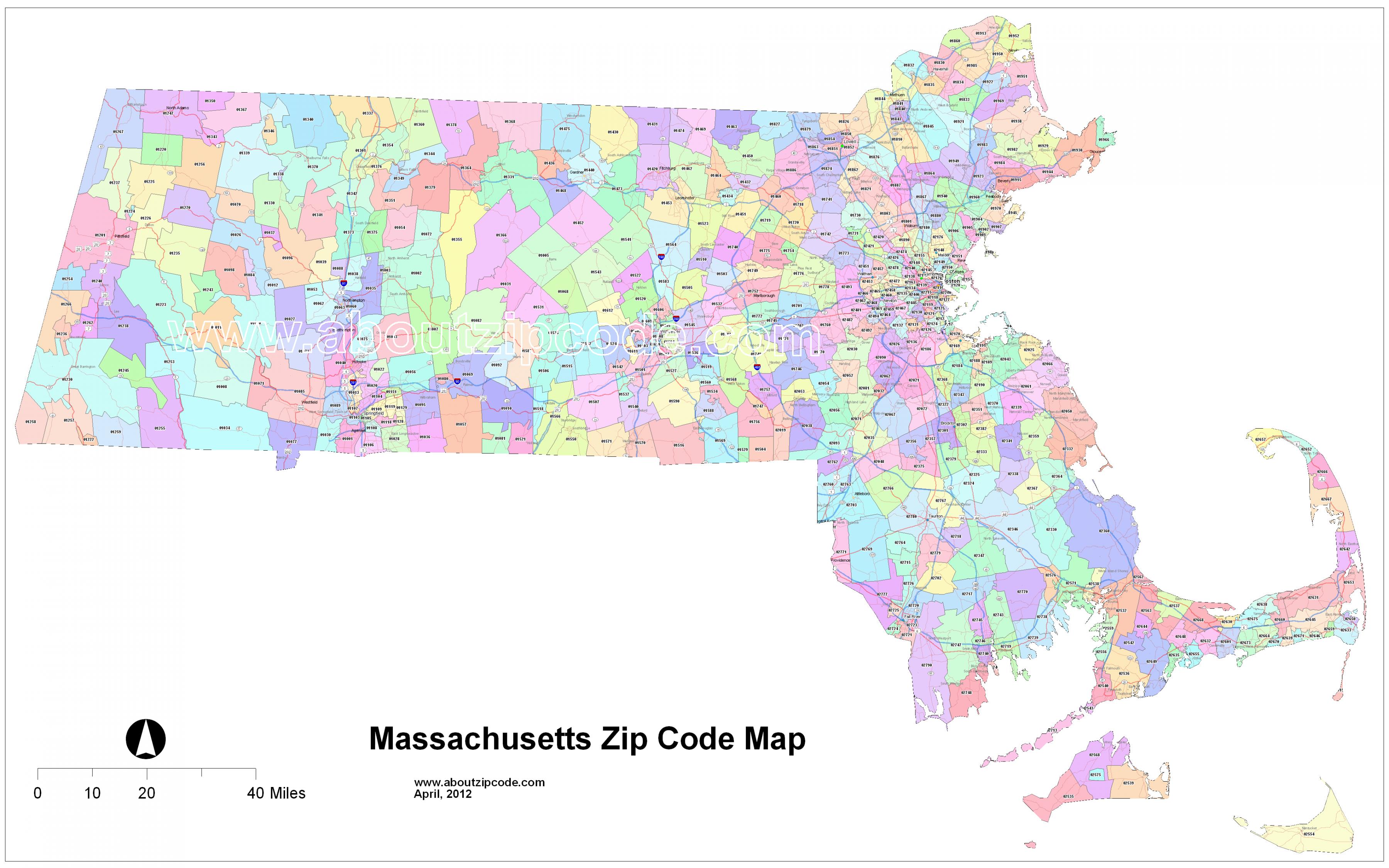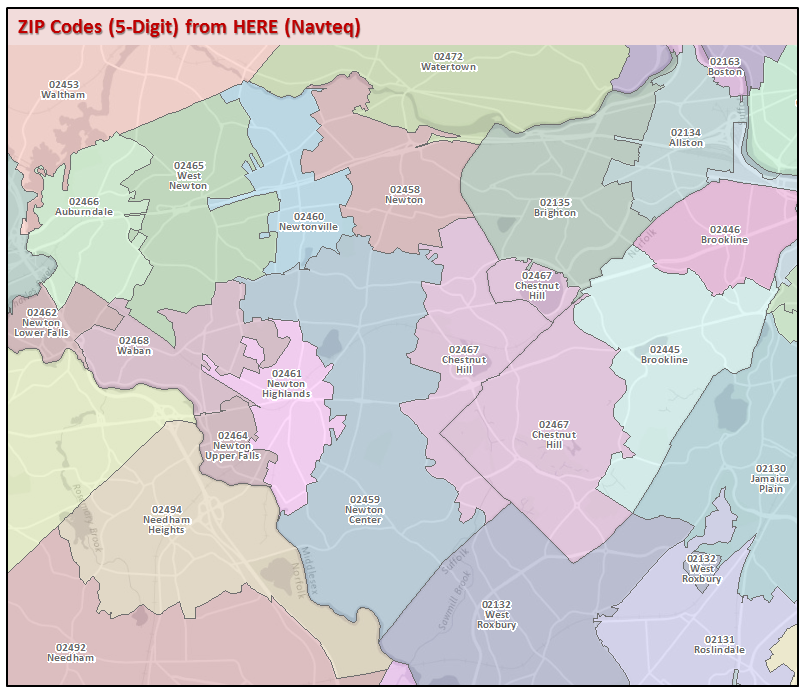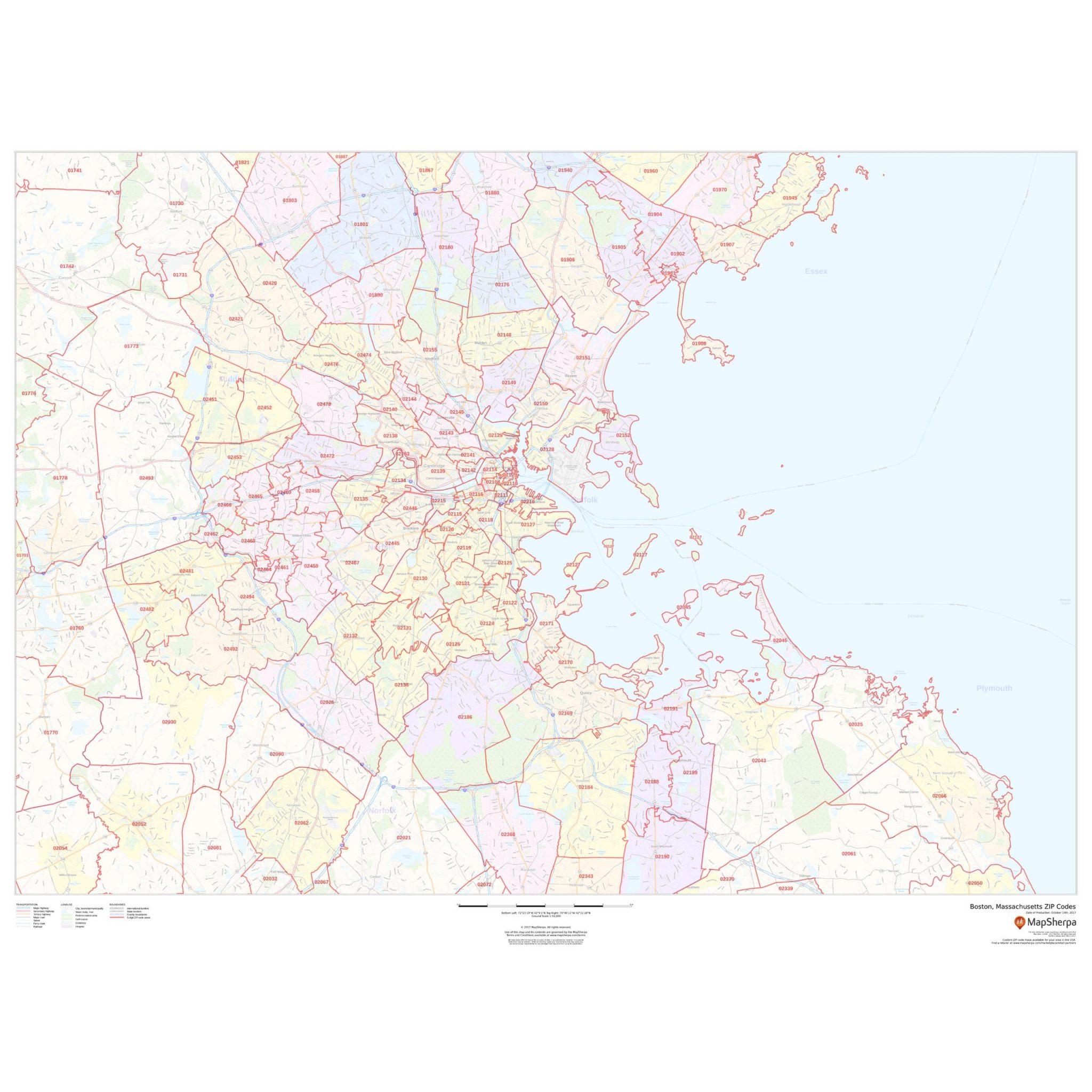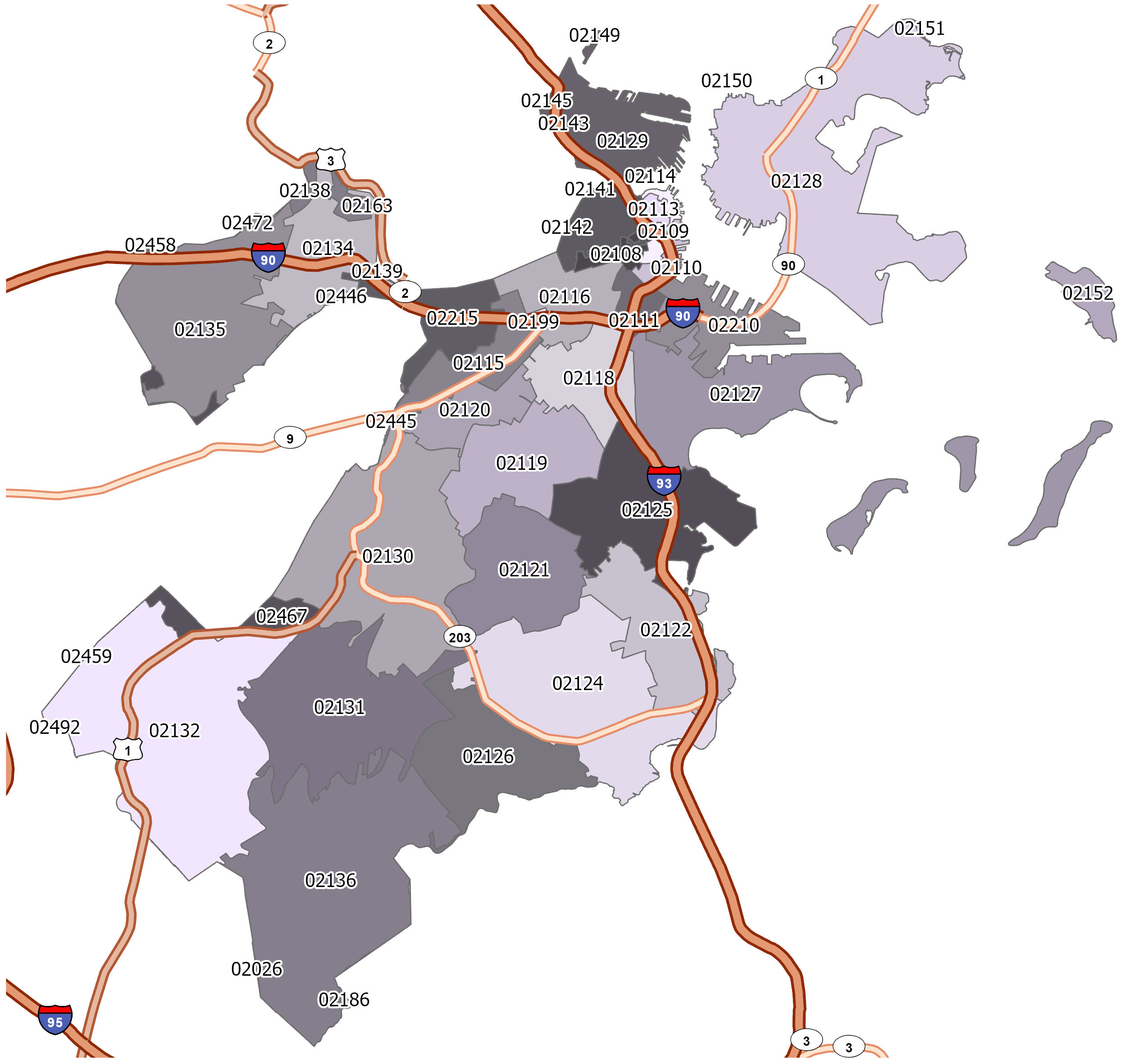Ever wondered what makes Boston's phone numbers tick? Well, buckle up because we're diving deep into the world of Boston phone area codes. These magical digits are more than just numbers—they're your gateway to communication in one of the most historic cities in the U.S. Whether you're calling a friend, ordering pizza, or booking a last-minute concert ticket, those area codes play a bigger role than you might think.
Now, if you're like me, you probably haven't given much thought to area codes until something goes wrong—like misdialing or getting a robocall. But trust me, once you understand the ins and outs of Boston's phone area codes, you'll never look at your phone the same way again. So let's get started, shall we?
Before we jump into the nitty-gritty, let's set the scene. Boston's area codes are part of a bigger system that keeps the telecommunications world running smoothly. They're like the bouncers at a club—making sure the right calls get through and the wrong ones get the boot. So, let's explore what makes Boston's area codes so special and why they matter to you.
Read also:Juice Wrld Seizure Video The Truth Behind The Headlines
What Exactly Are Boston Phone Area Codes?
Let's break it down. Boston phone area codes are three-digit numbers that identify specific geographic regions within the city and its surrounding areas. Think of them as zip codes for your phone lines. These codes were introduced back in the 1940s as part of the North American Numbering Plan (NANP). The goal? To make it easier for people to connect across long distances without needing an operator.
Fast forward to today, and Boston has a few area codes in play. The original 617 is still around, but as the city grew, so did the need for more numbers. Enter 857, an overlay area code introduced in 1997 to handle the increasing demand for phone lines. And yes, you guessed it—both codes cover the same area. Confusing? Maybe a little, but we'll get into that later.
Why Do Area Codes Matter?
So, why should you care about area codes? Well, for starters, they help telecom companies route calls efficiently. But they also play a role in shaping how we perceive people and businesses. Ever noticed how local businesses love to highlight their "617" number? It's all about trust and authenticity. People associate certain area codes with specific locations, which can influence how credible a business or person seems.
Plus, area codes can affect how much you pay for calls. Local calls within the same area code are often free or cheaper than long-distance calls. So if you're trying to save a buck or two on your phone bill, knowing your area code game is essential.
History of Boston Phone Area Codes
The Birth of 617
Back in the day, when rotary phones were all the rage, the 617 area code was born. It was one of the first area codes assigned to Massachusetts, covering the Greater Boston area. At the time, it was a big deal—marking the beginning of a new era in telecommunications. But as the city's population exploded, so did the demand for phone lines. Enter the next chapter in our story.
Enter the Overlay: 857
Fast forward to the late '90s, and Boston was running out of numbers. Cue the introduction of 857, an overlay area code designed to coexist with 617. This meant that both codes could cover the same geographic area, allowing for more phone numbers without expanding the physical boundaries of the area code. Genius, right? Well, sort of. It did lead to some confusion, especially for folks who weren't used to dialing area codes for local calls.
Read also:Unveiling The Truth About Telegram Incest What You Need To Know
Understanding Boston's Area Code Map
Now that we've covered the basics, let's talk geography. Boston's area codes cover a pretty wide swath of the state, including the city itself and its surrounding suburbs. Here's a quick breakdown:
- 617: Originally assigned to Boston and its immediate surroundings.
- 857: Introduced as an overlay to handle the growing demand for phone numbers.
Both codes cover the same area, so don't worry if you see a number starting with either. It's all good!
Common Misconceptions About Boston Phone Area Codes
There's a lot of misinformation floating around about area codes, so let's clear some things up. For starters, having a 617 number doesn't automatically make you a Boston native. Remember, both 617 and 857 cover the same area, so it's all about where the number was originally assigned. Another myth? That area codes determine your phone bill. While local calls within the same area code are usually cheaper, it's not a hard-and-fast rule. Always check with your provider to be sure.
How to Choose the Right Area Code for Your Business
Local vs. National Appeal
If you're running a business in Boston, choosing the right area code can make a big difference. A local 617 number can help build trust with customers who associate the code with the city. But if you're targeting a broader audience, an 857 number might be just as effective. It all depends on your business goals and target market.
Tips for Choosing a Number
- Consider your customer base. Do they value local connections?
- Think about scalability. Will your chosen area code limit your growth?
- Check availability. Some numbers may already be taken, so be prepared to get creative.
And don't forget—your phone number is part of your brand identity. Make it memorable and easy to remember!
The Future of Boston Phone Area Codes
As technology continues to evolve, so will the way we use area codes. With the rise of mobile phones and VoIP services, geographic boundaries are becoming less important. But for now, area codes are still a vital part of our communication infrastructure. So, what does the future hold? Only time will tell, but one thing's for sure—those three little digits will keep connecting us for years to come.
Common Questions About Boston Phone Area Codes
Can I Keep My Number if I Move?
Absolutely! Thanks to number portability, you can take your phone number with you when you move—even if it means switching area codes. Just be prepared for some potential confusion if your number doesn't match your new location.
What Happens if I Dial the Wrong Area Code?
Most of the time, nothing. Modern phone systems are pretty good at routing calls correctly, even if you accidentally dial the wrong code. But if you're making a long-distance call, you might incur extra charges. Always double-check before hitting send!
Conclusion
And there you have it—a comprehensive guide to Boston phone area codes. From their humble beginnings in the 1940s to their current role in connecting millions of people, these numbers have come a long way. Whether you're a local resident, a business owner, or just someone trying to make sense of the telecom world, understanding area codes is key to staying connected.
So, what's next? Why not share this article with a friend? Or leave a comment below and let us know what you think. And if you're looking for more insights into the world of telecommunications, be sure to check out our other articles. After all, knowledge is power—and the more you know, the better connected you'll be.
Table of Contents
- What Exactly Are Boston Phone Area Codes?
- Why Do Area Codes Matter?
- History of Boston Phone Area Codes
- Understanding Boston's Area Code Map
- Common Misconceptions About Boston Phone Area Codes
- How to Choose the Right Area Code for Your Business
- The Future of Boston Phone Area Codes
- Common Questions About Boston Phone Area Codes
- Conclusion
Remember, staying informed about Boston phone area codes isn't just about geeking out on numbers—it's about staying connected in a world that's constantly changing. So, go forth and dial with confidence!



